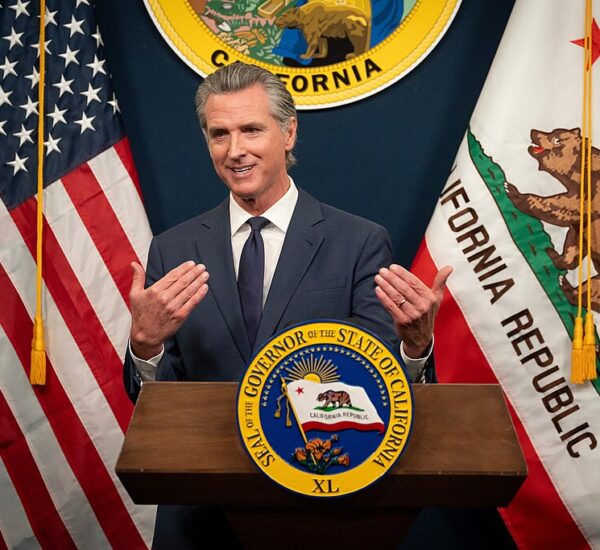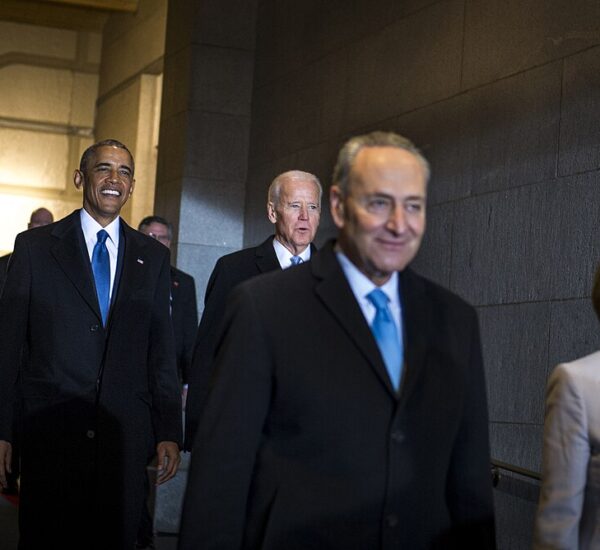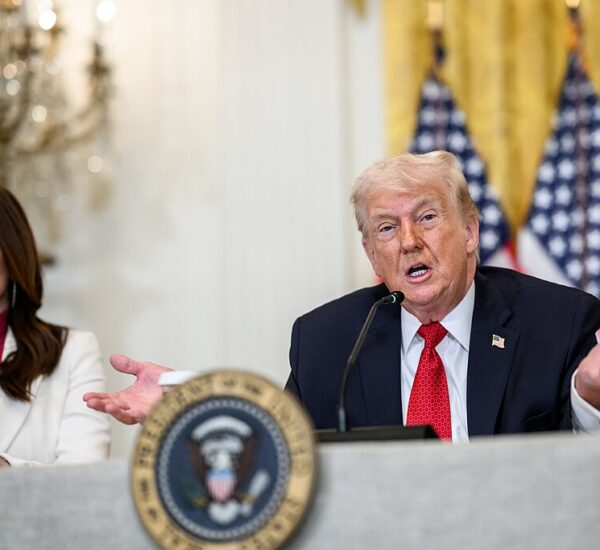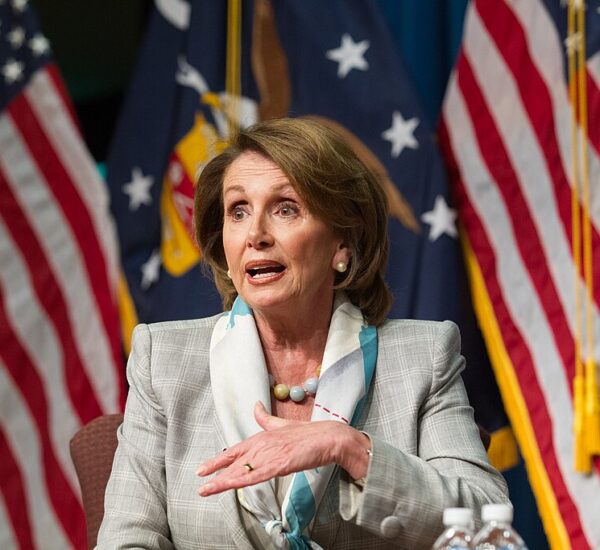Democrats Call For More Diversity
Democrats are expressing concerns about the lack of diversity among candidates for the chairmanship of the Democratic National Committee (DNC), with some arguing that it highlights deeper issues within the party’s leadership structure. According to a report from The Hill, various Democratic leaders have raised alarms over the predominance of white, male candidates in the race, a situation they feel does not reflect the party’s commitment to inclusivity and diversity.
One of the candidates, Nate Snyder, a Latin Jew and former Department of Homeland Security official, voiced his frustration with the debate over gender diversity in the race, calling it “off” and underscoring the lack of a more diverse pool of contenders. Other white candidates vying for the position include Minnesota State Party Chair Ken Martin, Wisconsin State Party Chair Ben Wikler, former Maryland Governor Martin O’Malley, New York State Senator James Skoufis, and 2024 presidential candidate Marianne Williamson.
Rep. Pramila Jayapal (D-Wash.), a prominent progressive voice and chair of the Congressional Progressive Caucus, has been outspoken in her criticism, arguing that state parties have not done enough to build a more diverse leadership pipeline. She contends that creating a more inclusive infrastructure at the state level is key to ensuring a better slate of candidates when it comes time to select national leadership like the DNC chair.
Meanwhile, David Hogg, a candidate for DNC vice chair and a prominent advocate for youth involvement in politics, emphasized the importance of giving younger generations a seat at the table. Hogg expressed concern that the party has not done enough to engage young people at all levels, from local to national offices. He suggested that the Democratic Party needs to prioritize training and mentoring the next generation of leaders, ensuring that they are prepared to take on larger roles in the future.
For Republicans, the conversation around the DNC’s leadership race highlights a growing divide within the Democrat Party, where questions of representation and identity politics often take precedence over the practical concerns of governance. The DNC’s struggle to diversify its leadership could provide a strategic opportunity for Republicans to position themselves as a party of unity, focusing on policies that appeal to a broad cross-section of Americans, rather than dividing along narrow lines of race, gender, or age.






